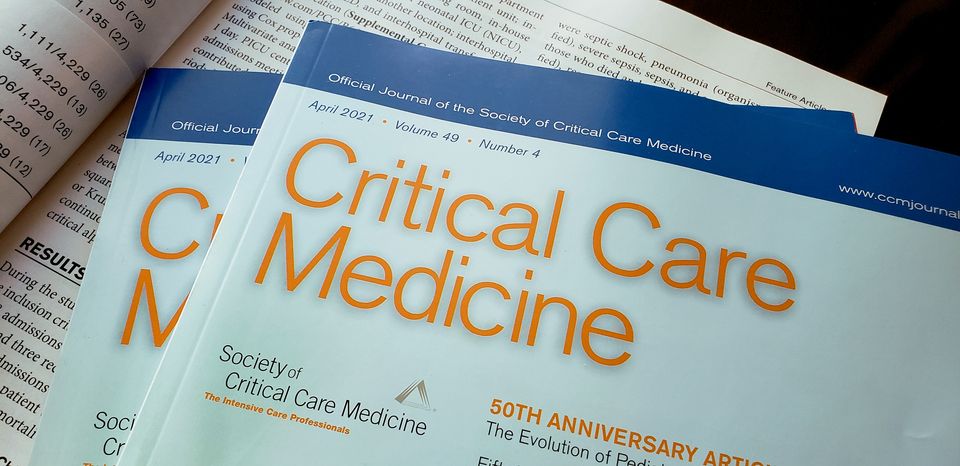The study titled “Real-Time Machine Learning Alerts to Prevent Escalation of Care: A Nonrandomized Clustered Pragmatic Clinical Trial”, authored by Dr. Levin and several members of the Clinical Data Science team, has been published in the Critical Care Medicine journal:
Abstract
Objectives:
Machine learning algorithms can outperform older methods in predicting clinical deterioration, but rigorous prospective data on their real-world efficacy are limited. We hypothesized that real-time machine learning generated alerts sent directly to front-line providers would reduce escalations.
Design:
Single-center prospective pragmatic nonrandomized clustered clinical trial.
Setting:
Academic tertiary care medical center.
Patients:
Adult patients admitted to four medical-surgical units. Assignment to intervention or control arms was determined by initial unit admission.
Interventions:
Real-time alerts stratified according to predicted likelihood of deterioration sent either to the primary team or directly to the rapid response team (RRT). Clinical care and interventions were at the providers’ discretion. For the control units, alerts were generated but not sent, and standard RRT activation criteria were used.
Measurements and Main Results:
The primary outcome was the rate of escalation per 1000 patient bed days. Secondary outcomes included the frequency of orders for fluids, medications, and diagnostic tests, and combined in-hospital and 30-day mortality. Propensity score modeling with stabilized inverse probability of treatment weight (IPTW) was used to account for differences between groups. Data from 2740 patients enrolled between July 2019 and March 2020 were analyzed (1488 intervention, 1252 control). Average age was 66.3 years and 1428 participants (52%) were female. The rate of escalation was 12.3 vs. 11.3 per 1000 patient bed days (difference, 1.0; 95% CI, –2.8 to 4.7) and IPTW adjusted incidence rate ratio 1.43 (95% CI, 1.16–1.78; p < 0.001). Patients in the intervention group were more likely to receive cardiovascular medication orders (16.1% vs. 11.3%; 4.7%; 95% CI, 2.1–7.4%) and IPTW adjusted relative risk (RR) (1.74; 95% CI, 1.39–2.18; p < 0.001). Combined in-hospital and 30-day-mortality was lower in the intervention group (7% vs. 9.3%; –2.4%; 95% CI, –4.5% to –0.2%) and IPTW adjusted RR (0.76; 95% CI, 0.58–0.99; p = 0.045).
Conclusions:
Real-time machine learning alerts do not reduce the rate of escalation but may reduce mortality.

